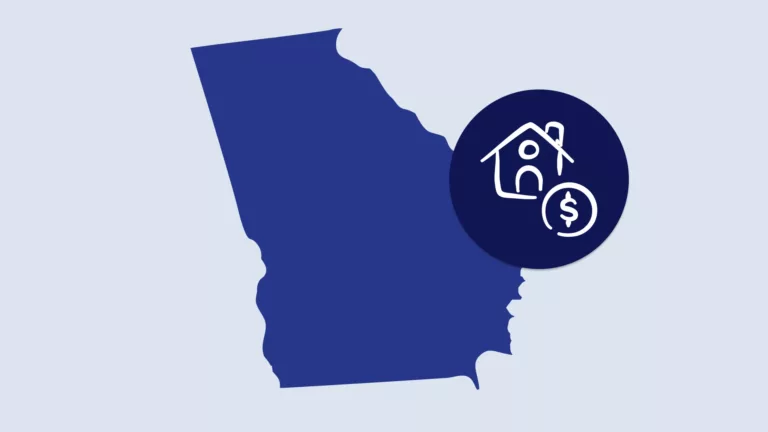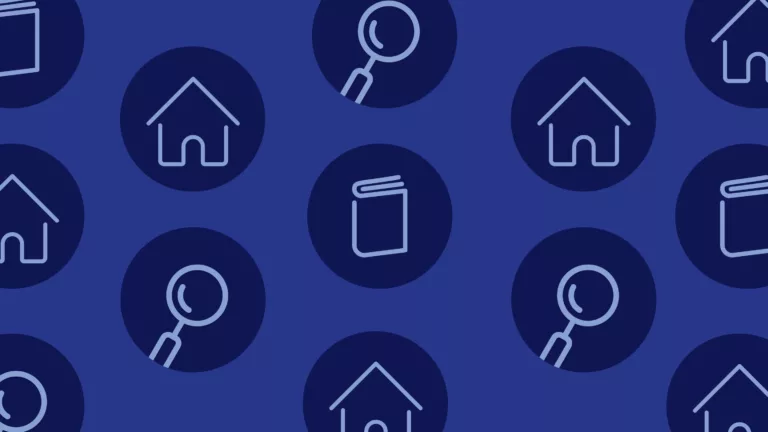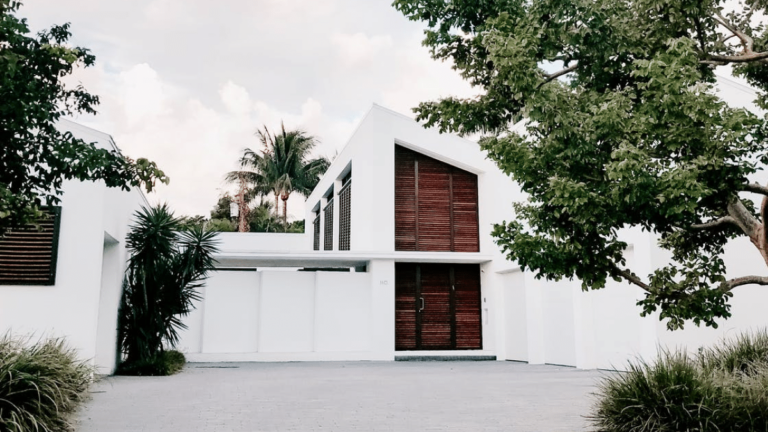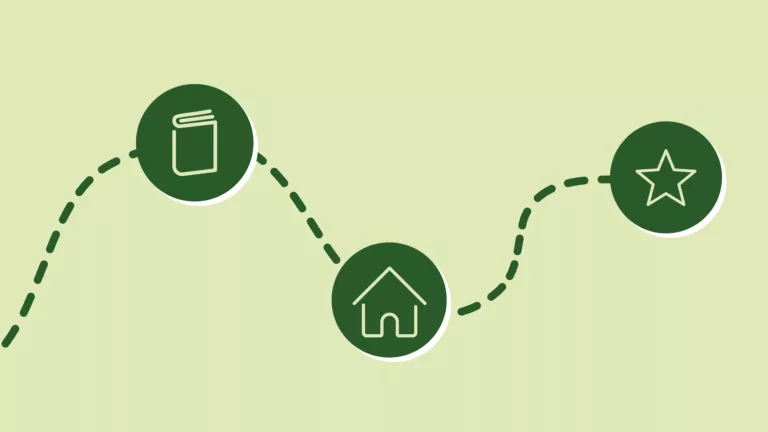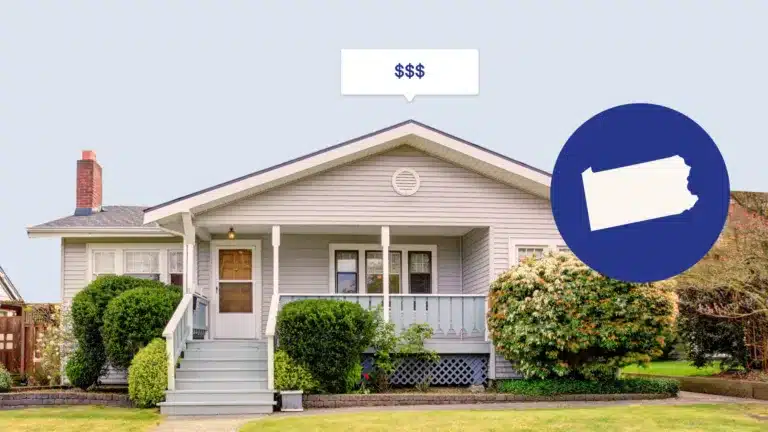Written by: Christopher Peasley
Embarking on the journey of homeownership in Pennsylvania is an exciting venture that demands meticulous planning and budgeting. In this comprehensive guide, we’ll delve into essential budgeting tips tailored specifically to Montgomery County’s housing market. From understanding mortgage options to navigating through specific cost considerations, this blog post will equip you with the knowledge needed to make informed decisions.
Know Your Numbers
Exploring housing market trends in Montgomery County will provide a clearer perspective on what to anticipate in your homebuying journey. For instance, the median home price in Montgomery county has gone up 4% over the last year, compared to the median home price in Philadelphia county, which has gone down almost 8%. Homes in Montgomery county have, on average, sold at the asking price over the last year, and supply was up 11% year over year as of December. These numbers not only reflect the demand for homes in the area but can also provide insights for prospective homebuyers on potential future property value appreciation. Over the last five years, home values in Montgomery county have appreciated an average of 45% – that’s a pretty great investment!
A Closer Look at Mortgage Options
There are an array of mortgage options catering to diverse needs. From programs designed for first-time homebuyers to those supporting veterans and individuals with moderate incomes, there are numerous avenues to explore. The Pennsylvania Housing Finance Agency (PHFA) is a key player in providing assistance and diverse loan programs, including options for Pennsylvania mortgage and various loan alternatives.
When considering mortgage options, the prevailing interest rates play a significant role. Rates can also vary among lenders, making it essential to shop around for the most favorable terms. A mortgage broker, like Morty, well-versed in the intricacies of Pennsylvania’s real estate market, can assist you in navigating the multitude of loan products and interest rates offered by different lenders. By leveraging their expertise, you can streamline the comparison process and secure a mortgage that saves you time and money.
In addition to conventional loans, explore government-backed loan programs such as FHA and VA loans. These programs often come with more lenient credit requirements and lower down payment options, making homeownership more accessible for a broader range of buyers.
Creating Your Mortgage Budget
Establishing a realistic budget is the cornerstone of successful homeownership. Start by calculating your monthly income and expenses, factoring in considerations such as property taxes, homeowners insurance, and potential homeowners association fees. Leverage online mortgage calculators to estimate monthly payments based on different loan options, including Pennsylvania mortgage options, aligning your financial capacity with your homeownership goals. Additionally, allocate a portion of your budget for unforeseen home maintenance and repairs.
When crafting your budget, consider the 28/36 rule commonly used by lenders. This guideline suggests that your housing expenses should not exceed 28% of your gross monthly income, while your total debt payments, including your mortgage, should not surpass 36%. Adhering to these benchmarks will ensure that you maintain a healthy financial balance and avoid overextending your resources.
Explore Mortgage Assistance Programs
Pennsylvania actively supports homebuyers through various assistance programs. Dive into programs like the PHFA’s HFA Preferred™ program, or Montgomery County’s First Time Homebuyers Program, both offering down payment and closing cost assistance to eligible homebuyers. Understanding the eligibility criteria and application processes for these programs is essential. Proper utilization of these assistance programs, specifically designed for Pennsylvania mortgage seekers, can significantly impact your overall mortgage budget.
Take note of the specific benefits each program offers. For instance, the HFA Preferred™ program not only provides financial assistance but also offers a fixed interest rate, providing stability in your monthly mortgage payments. Researching and leveraging these programs will not only make homeownership more affordable but also enhance your overall financial security.
Consider Future Expenses and Investments
Anticipating future expenses is key to maintaining financial stability as a homeowner. Factor in potential costs for home improvements, regular maintenance, and consider the long-term financial implications of property value appreciation. A well-structured budget not only addresses immediate costs but also positions you to make informed decisions regarding your home as a valuable investment.
As you plan for the future, keep in mind that homeownership is not just about the initial purchase; it’s an ongoing investment. Allocate a portion of your budget for home maintenance and improvements. Experts suggest budgeting about 1% of your home’s value per year for maintenance. Having a dedicated fund for these expenses ensures that you can preserve and enhance the value of your investment over time.
Congratulations on taking the proactive steps towards homeownership! By integrating these detailed budgeting tips and exploring the state’s diverse mortgage options, you’re not just purchasing a home; you’re investing in a future filled with stability and fulfillment. Keep these insights in mind, stay attuned to the dynamic mortgage landscape, and relish the journey of transforming your homeownership dreams into reality. With thorough planning, your new home will be a foundation for countless cherished memories and a sound financial future.

Chris Peasley
Mortgage Loan Officer | NMLS #2529112

